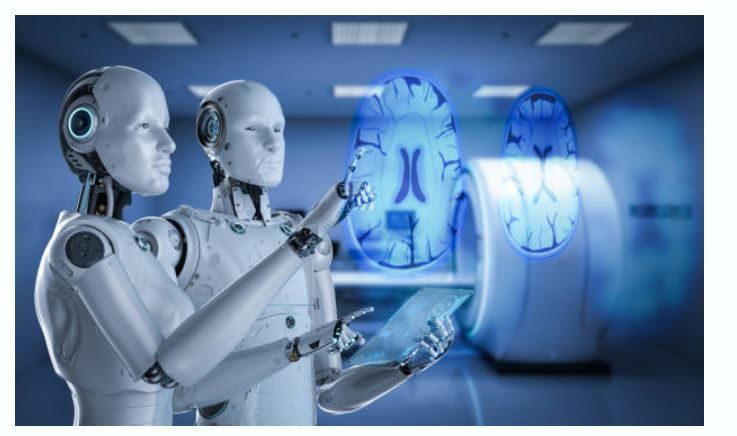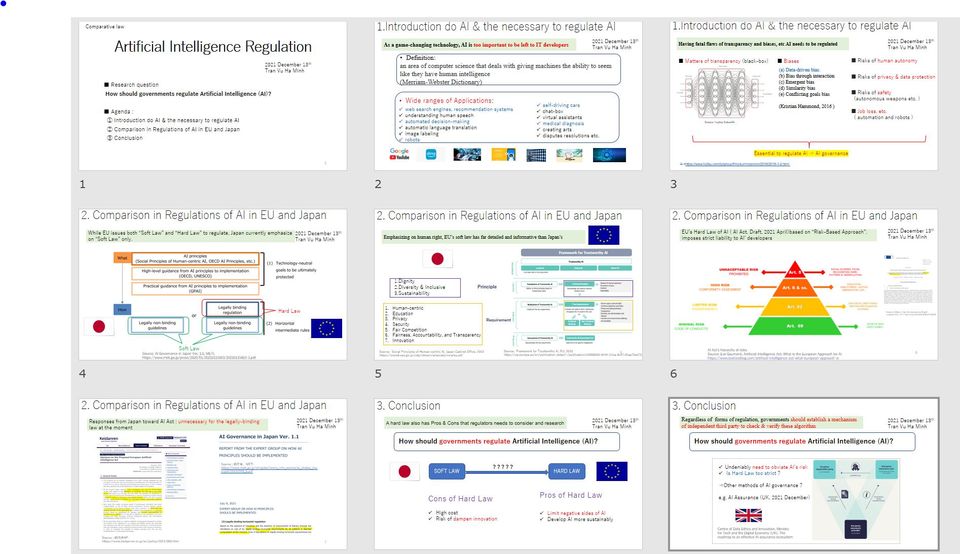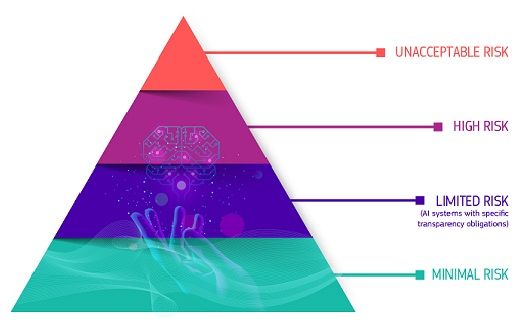The paper by 5 experts in the Department of Radiology (Diagnostic Imaging - Nuclear Medicine - Radiotherapy) in the Italian journal of Radiotherapy Medicine.
Emanuel N., Francesca C. Others.(2020).Artificial intelligence: Who is responsible for the diagnosis?. .La radiologia medica.
Link : https://pubmed.ncbi.nlm.nih.gov/32006241/
AI technology for image processing for application in Imaging Diagnostics - Nuclear Medicine - Radiotherapy CT scans, X-rays read out the characteristics on the film.
Currently, AI reads more accurately than humans: there are characteristics that doctors have not detected before, ai detects the disease correctly. The question is whether in the future.Is it enough for the reader? Do you need doctors who specialize in diagnostic imaging? In the short term, ai robots can completely replace BSCDHA, it is necessary to answer the relevant legal issue.
The biggest question: when using automated technologies, who will artificial intelligence be held accountable for?
A lot of research articles on the legal liability of artificial intelligence will begin with Aristotle's well-known principles of responsibility. Accordingly
① Can he control his behavior? Is anyone threatened, coerced, controlled or not?
② Is he aware of the behavior he or she does? For example, children who lose their cognitive capacity do not have a second condition and therefore will not be held liable.
These two conditions are also two conditions for determining responsibility in criminal law, and TORT in common law.
When relying on these two factors: we conclude that AI, ROBOT is not responsible. The reason is that AI cannot control itself, must be controlled by someone. Second, AI is not aware of its behavior: AI only gives analysis results based on available algorithms. In the event that AI gives the wrong result: then the responsibility lies with the reader who results wrongly, the person who makes the wrong AI algorithm, not the AI software or the robot.




